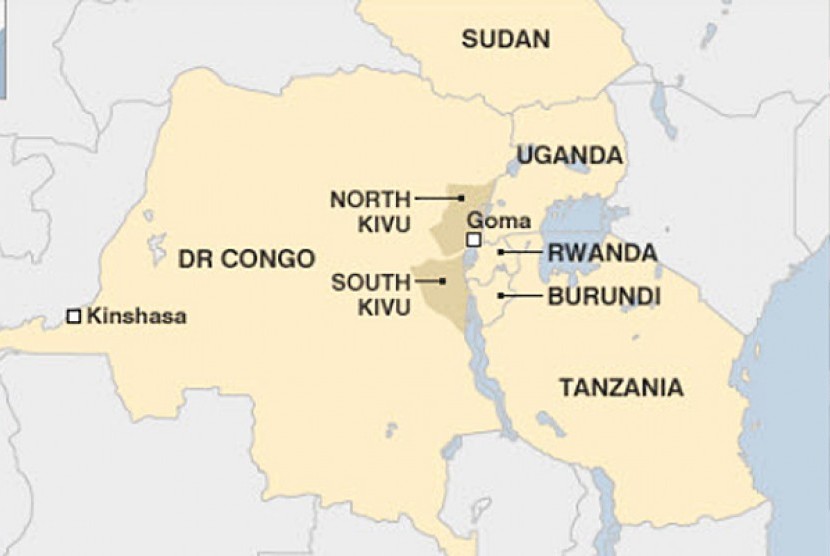REPUBLIKA.CO.ID, NEW YORK -- The UN Refugee Agency (UNHCR) on Tuesday said that nearly 10,000 people left Burundi over the weekend before the country closed its borders on Sunday evening.
"The refugees who arrived in Rwanda, Tanzania and the Democratic Republic of Congo said that roads are being blocked and people suspected of heading to the border are forced off buses," Farhan Haq, the deputy UN spokesman, said at a daily news briefing here, quoting the UNHCR report. "Some have reportedly been arrested and others have seen their belongings confiscated."
"In neighboring countries, UNHCR provides the arriving refugees with initial assistance, including hot meals, and transports them to transit centers and eventually refugee sites," Haq said.
Since pre-election violence started in Burundi, nearly 144,000 refugees have fled the country, mostly to neighbouring Tanzania and Rwanda.
So far, nearly 144,000 Burundians have registered as refugees in neighboring countries since the country's political turmoil started in early April. However, many more are believed to have fled the country, but not registered. Latest official figures show 66,000 in Tanzania, 56,000 in Rwanda, 9,038 in Uganda, 11,500 in the Democratic Republic of Congo, and even 400 in faraway Zambia.
In anticipation of more arrivals, relocation efforts have been sped up over the last days. In May, UNHCR and 17 partners launched the Regional Refugee Response Plan for 207 million U.S. dollars to protect and assist up to 200,000 Burundian refugees. Despite the deteriorating situation in Burundi, the plan has realized only 13 percent of its target, leaving crucial services, such as water, health and sanitation, seriously underfunded.
Following the recent legislative vote, Burundians are expected to return to the polling station on July 15 as they vote in the country's Presidential election. UN Secretary-General Ban Ki-moon has encouraged authorities to postpone the election until "a conducive environment for inclusive, peaceful and transparent elections" has been created.
According to UNHCR, civil unrest erupted on April 26 in Bujumbura, the capital of Burundi, after the ruling CNDD-FDD party elected President Pierre Nkurunziza on April 25 as its candidate for then-scheduled June 26 presidential election.
Nkurunziza has been in office for two terms since 2005, and a broad array of actors warned that an attempt to seek a third term was unconstitutional and contrary to the spirit of the 2000 Arusha Peace and Reconciliation Agreement for Burundi that ended a decade of civil war in the country.



